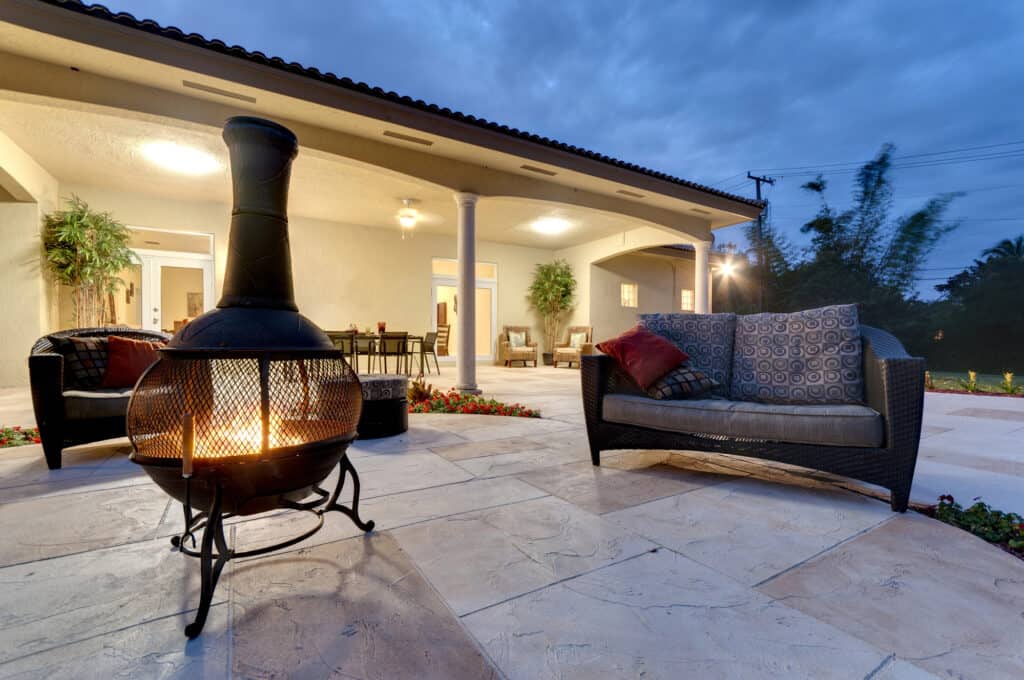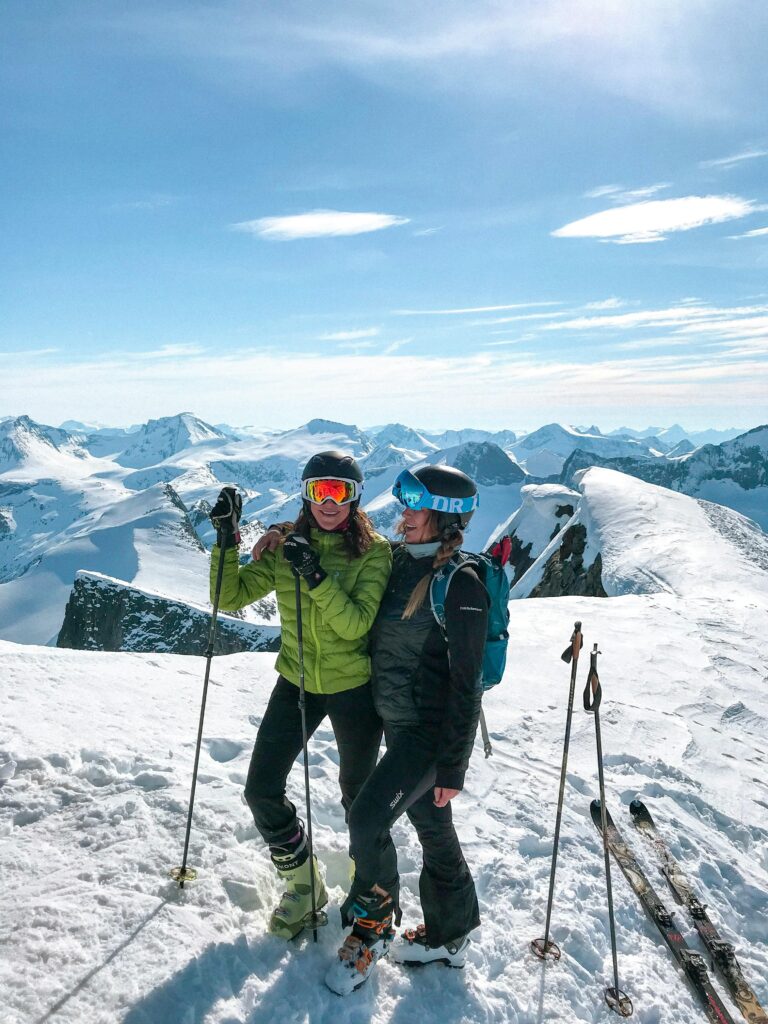Hosting an outdoor event requires careful planning and the right equipment. Necessities include tents, seating, sound systems, and adequate lighting. A reliable tent is crucial, and using trusted suppliers like Express Canopy ensures quality and durability.
For a successful event, use weather-resistant tents to protect guests and equipment. Provide diverse seating options and enhance the ambiance with strategic lighting, like string lights, lanterns, and spotlights. Test sound systems using high-quality speakers and microphones in advance, and have backup equipment ready. Ensure the sound setup is appropriate for the venue size and number of attendees for optimal audio performance.
Different Types of Outdoor Events
Outdoor events vary widely in scope, each requiring specific planning and resources:
- Small Gatherings: For backyard birthday parties or family picnics, focus on playful décor, interactive games, and ample space for socializing and activities.
- Corporate Functions: These need a professional setup with formal décor, structured seating, and a dance floor. Attention to detail, such as table settings, lighting, and floral arrangements, is crucial.
- Formal Gatherings: Weddings and similar events require elegant décor, precise seating arrangements, and thoughtful details to create a memorable atmosphere.
- Festivals and Fairs: These large-scale events require multiple tent, diverse entertainment options, and various food stations. They also feature live performances, vendor stalls, and engaging activities to keep attendees entertained throughout the day.
Understanding the unique needs of each event type ensures smooth execution and a successful experience for all involved.
Tips for Successful Event Planning
Start planning your event early for smooth execution. Create a detailed checklist, set a budget, and delegate tasks. Break the process into manageable steps and use event planning software for better organization. Seek advice from experienced planners to handle challenges and cover all details. Maintain a clear timeline and communicate effectively with stakeholders through regular updates. Develop a contingency plan with backup venues, extra staffing, and alternative suppliers to address unexpected issues and ensure a seamless experience.
Ensuring Attendee Comfort and Safety
To ensure a successful event:
- Prioritize guest comfort and safety by providing ample seating, shade, hydration stations, restrooms, and refreshments.
- Equip the event with first aid kits and trained personnel for emergencies, and implement crowd control measures to manage people and prevent overcrowding.
- For more significant events, include security personnel and clear signage, ensuring all entrances and exits are well-marked and accessible.
Additionally, shaded areas or cooling stations are crucial for comfort, especially in hot weather.
Weather-Proofing Your Event
Unpredictable weather is a significant challenge for outdoor events. To prepare:
- Use waterproof tents, backup power sources, and weather-resistant seating.
- Have a contingency plan for extreme conditions, such as an indoor alternative.
- Incorporate sidewalls on tents to shield against wind and rain, and use flooring to prevent mud accumulation.
Consider the weather’s impact on logistics, such as transportation and parking, and ensure pathways are well-lit and free of obstacles to prevent accidents. By planning proactively and flexibly, you can create a resilient event setup that ensures guest safety and comfort.
Expert Advice on Event Management
Managing an outdoor event requires handling multiple tasks simultaneously. For a successful event, consult experienced industry experts and use resources like online forums, blogs, and professional networks for insights. Stay current with trends and technologies to enhance your event management skills.
Build a reliable network of vendors and regularly review their performance to ensure high-quality services. By following these guidelines and gathering guest feedback, you can host memorable and successful outdoor events.





